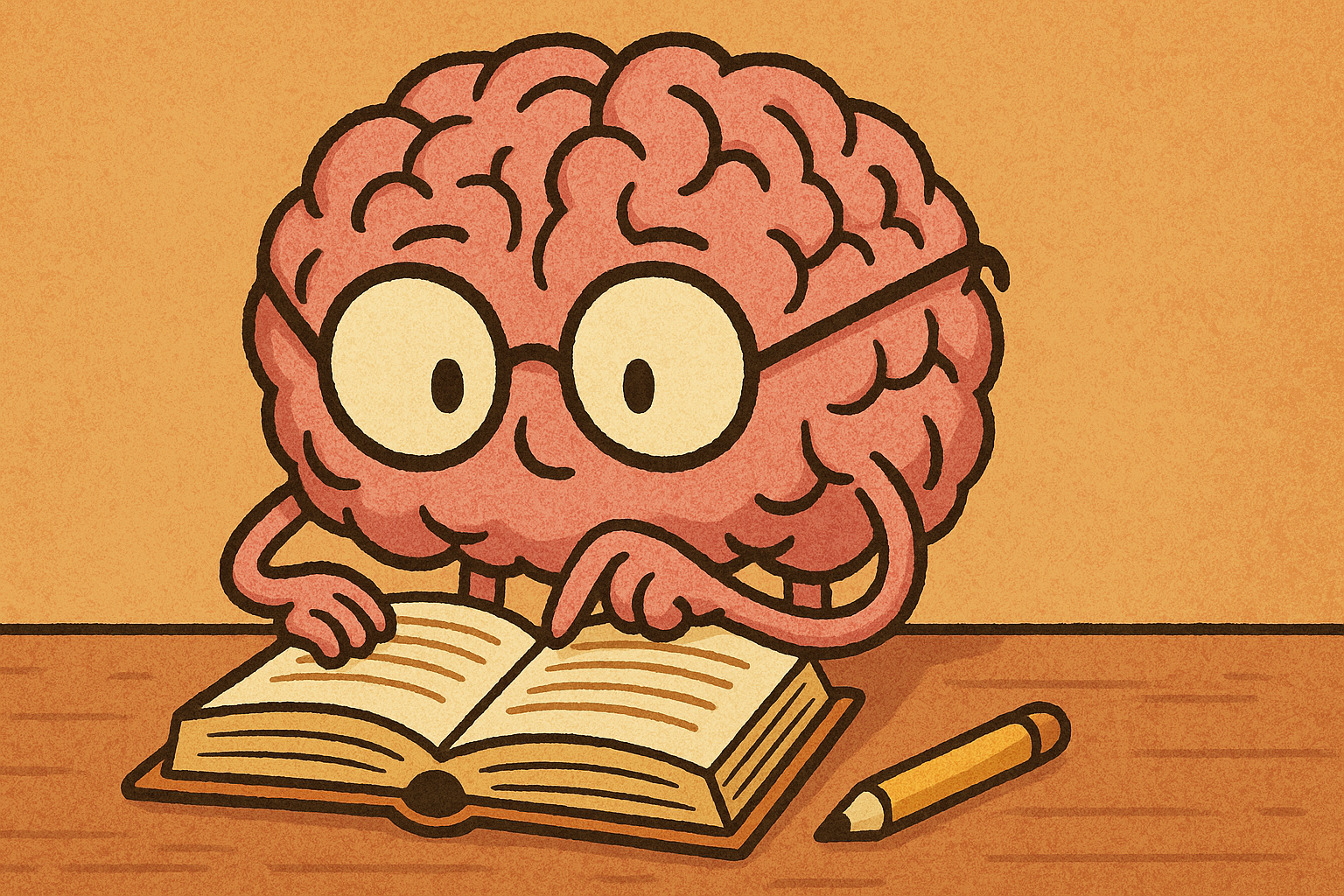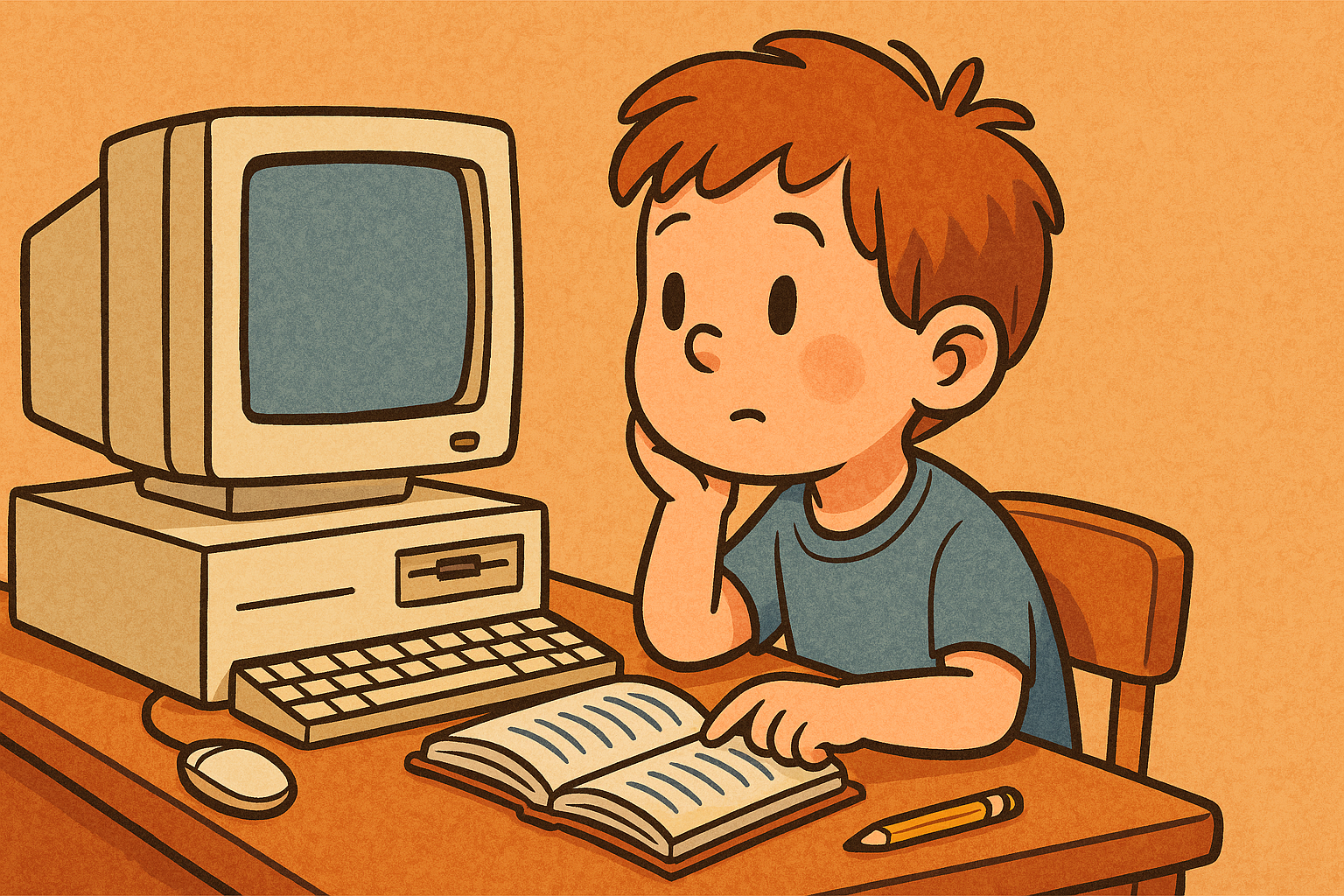Memory is living in the past, yet we, humans, remain in the present and let it shape what is still to come. This is the reason why any memory game online may feel so natural – they do employ our innate mechanisms to spot patterns, memorize vital information, and use it when appropriate without hesitation.
However, even the most natural processes may fail, and restoring their functions turns into a necessity rather than a pastime. To make this experience a bit more pleasant, one should not neglect what is offered by the digital age, i.e., games and programs that make cognitive training engaging activities. So, what are they, and how exactly do they work?

What Do Online Memory Games Mean?
Let us first review the clinical basis of this concept. Memory, attention, and cognitive flexibility are fundamental brain functions that lie behind nearly every daily activity (no matter how hard one should work or engage). Although the brain capacity is mainly predetermined by the way we were raised, treated in childhood, educated, etc., it can definitely be trained and strengthened through targeted, thoroughly chosen exercises.
Online memory games, unlike their traditional counterparts, usually combine clinically approved cognitive exercises with the interactive and adaptive features of digital platforms. For a new generation of those who have been born with smartphones in their hands, it is the most convenient way to learn something new and prosper. Besides, studies indicate that consistent practice with memory tasks can improve short-term recall, working memory capacity, and even aspects of long-term memory, and a gamified format enhances motivation to do so.
What is more, the power of digital platforms makes this experience personalized, for difficulty levels can be instantly adjusted based on performance, while progress is often tracked automatically (without an extra need to track it down manually).
From Past to Present…
Long before the current era of the digital, memory games existed as a sort of entertainment, education, and mental exercise in a tangible form. Traditional games such as card-matching, dominoes, or sequence-based puzzles have been used for centuries in different settings, e.g., in classrooms to support learning, in households to entertain and bond families, and in social gatherings to challenge relatives and friends.
The first games resembling modern memory exercises appeared in the late 19th and early 20th centuries. One of the earliest examples is the “Concentration” card game, also known as Memory or Pairs, which involved turning over cards to find matching pairs. The game was simple but highly effective: it required players to remember the positions of previously revealed cards, which was beneficial for both short-term and visual memory.
With the rise of computers and the Internet in the late 20th century, memory training entered a new dimension. In particular, early digital versions appeared in educational software, which was designed for children to improve learning skills. Nonetheless, technologies advanced, and so did the appearance of these games: they became more sophisticated, adaptive, customizable, and graphically peculiar.

5 Benefits of Playing Memory Games Online
Memory games may provide numerous opportunities when they are offered online: no need to seek special equipment or resources to pay for. So, here are five key advantages of incorporating online games into your daily routine:
- Promotes Memory and Recall
These games mainly focus on short-term and working memory, for they ask players to memorize patterns, sequences, and places. As a result, regular practice improves the brain’s ability to store and recall information efficiently and accurately.
- Improves Focus and Concentration
Memory games call for persistent concentration and mental work. Players who practice these abilities can improve their overall focus, which makes it simpler to concentrate on things in everyday life, work, or educational endeavors.
- Enhances Strategic Thinking and Problem-Solving
Move planning, decision making, or pattern recognition are all common in online memory games. Hence, this promotes reasoning, plan creation, and adaptable problem-solving, i.e., something useful outside of the game.
- Promotes Mental Relaxation and Lowers Stress
One way to practice mindfulness involves playing memory games. Brain training can be made exciting (instead of monotonous) through the combination of challenge and entertainment, which can lower stress, offer a mental respite, and elevate mood.
- Suitable for All Ages
Digital memory games are appropriate for kids, adults, and the elderly since they can be adjusted in difficulty to fit the player’s skill level. Anyone, regardless of age or cognitive capacity, will have a fulfilling experience thanks to this flexibility and adaptable modes.
Top 5 Types of Memory Games You Can Play Online
The traditional concept of memory games cannot vanish, yet new meanings can be added without a doubt. Today, one is fortunate to explore digital varieties that offer options suitable for different ages, skill levels, and goals. Here is a comprehensive overview of the five most popular types of online memory games, along with their main features and benefits.
| Type | How It Works | Skills Trained | Why It Is Popular |
| Card-Matching (Concentration/Memory) | Players flip cards to find matching pairs, testing recall of positions. | Short-term memory, visual recognition, attention. | Simple, intuitive, and nostalgic; great for all ages. |
| Sequence Recall (Simon Says/Number Sequences) | Players must remember and repeat sequences of colors, sounds, or numbers. | Working memory, focus, auditory/visual processing. | Fun rhythm-based play that gets harder as sequences grow longer. |
| Pattern & Puzzle Recognition | Players identify, continue, or complete visual or logical patterns. | Logical reasoning, visual memory, problem-solving. | Combines brain training with puzzle-solving satisfaction. |
| Word & Vocabulary Memory | Players memorize and recall words, definitions, or associations. | Verbal memory, language skills, learning reinforcement. | Useful for students, language learners, and anyone looking to expand vocabulary. |
| 3D/Spatial Memory Games | Players navigate or remember the layout of 3D environments or objects. | Spatial awareness, navigation skills, visual memory. | Immersive and modern, often linked to VR or advanced apps. |
User Demographics
Online memory games are surprisingly appealing, for they do attract people of different generations, needs, and preferences. For you to explore its simple mechanics and diversity, here is an overview of the main demographics to know:
Children and Students
The most obvious group comes down to younger players who may employ memory games to build focus, concentration, and vocabulary while delving into learning in areas like math, reading, and problem-solving. Teachers and parents often use them as interactive tools to turn this daunting process into something less of a burden.
Adults
Many adults turn to memory games as a quick mental break during work or study, for they may offer stress relief, boost productivity, and improve short-term recall.
Seniors
Older adults are one of the fastest-growing groups of online memory game players. For them, these games serve as the tools to maintain cognitive agility, slow down memory decline, support mental health, and get entertained when other options seem to be trite.
Health and Therapy Users
Apart from their casual use, memory games are increasingly integrated into clinical or therapeutic programs. Patients recovering from brain injuries, strokes, or cognitive disorders may use them as part of rehabilitation to gently retrain memory and concentration in a more harmless way.
General Casual Gamers
Memory games also attract a broad casual audience. Anyone seeking light amusement that nevertheless stimulates the intellect may find them appealing due to their short play periods, vibrant designs, and easily navigable formats.
A stronger memory cannot be built overnight. Let us take small steps to remember more – to feel more.
